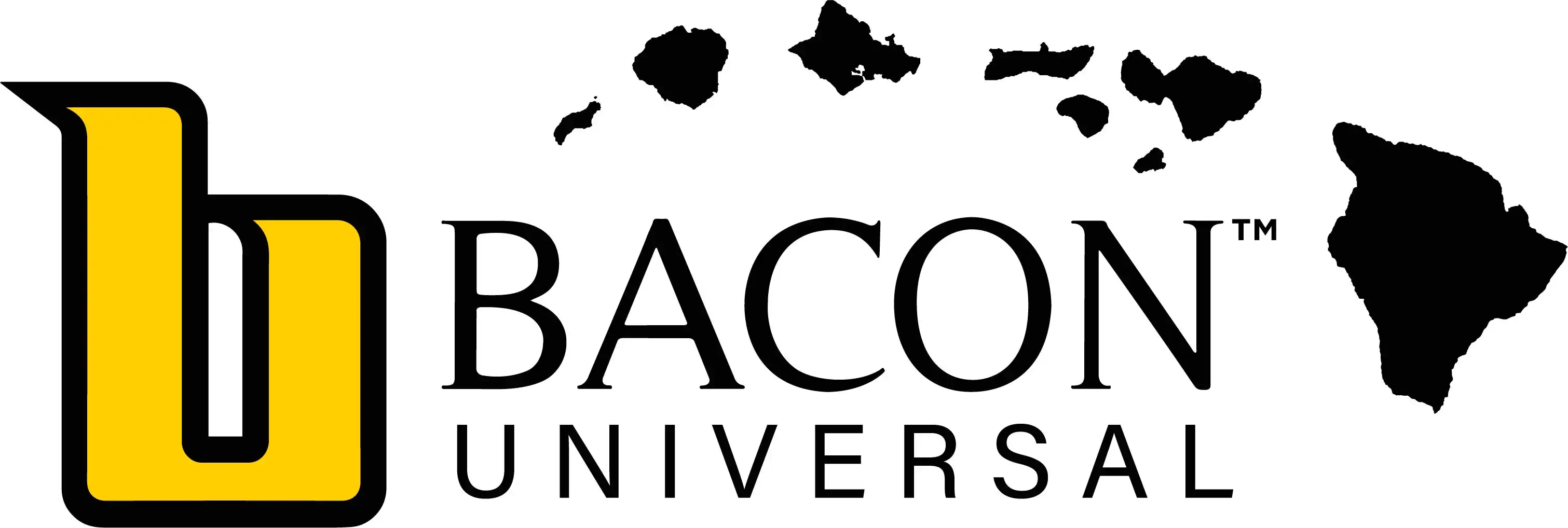Hirono & Schatz Vote for $1.2 Trillion Bipartisan Infrastructure Bill that Passes Senate

US Sen. Mazie K. Hirono (D-HI) and US Sen. Brian Schatz (D-HI) were among the 69 senators who voted for the bipartisan Infrastructure Investment and Jobs Act, which passed today. The sweeping legislation provides $1.2 trillion in federal investments — including at least an estimated $2.8 billion in funding for Hawai’i — that will address the country’s roads and bridges, transit systems, internet, wildfires, water infrastructure and more.
“This historic investment in our nation’s infrastructure means that communities across the country can address their longstanding infrastructure needs,” said Sen. Hirono, Chair of the Energy Subcommittee. “But the Senate’s work is not done: it is critical we deliver on the promises we’ve made to help American families through affordable childcare, a permanent expanded Child Tax Credit, universal pre-K, Medicare expansion and paid family leave.”
Sen. Schatz, Chair of the Senate Appropriations Subcommittee on Transportation and Housing, added: “Billions of federal dollars for Hawai‘i are in this bill to help us fix up our roads and bridges, and create thousands of new jobs across the state. This massive investment will make it safer and easier for Hawai‘i families to get around, while helping grow our local economy.”
The bill includes legislation authored by Sen. Schatz to improve road safety standards and make streets safer for pedestrians and cyclists. The Vulnerable Road Users Safety Act will help utilize technology, infrastructure and design expertise to vastly reduce pedestrian and cyclist road deaths in Hawai‘i and across the United States.
The Infrastructure Investment and Jobs Act also includes key items that Sen. Hirono advocated for, including:
- $100 million annually for grants to make energy efficiency, renewable energy and electric vehicle upgrades and improvements in public schools
- $500 million for state-led energy initiatives through the State Energy Program and expansion of the program to support state efforts to move to zero-emission transportation
- The creation of a workforce development advisory board to help improve training for careers in the energy sector
- $200 million for invasive species detection, prevention and eradication
- $400 million in state grants to conduct voluntary ecosystem restoration projects
- $150 million for local governments to help firefighters train and respond to fires
- $100 million in grants for small water storage and groundwater storage projects, including in Hawai’i and Alaska
- $3.5 billion for the Weatherization Assistance Program to help low-income households increase their energy efficiency and use renewable energy
- $9 billion to demonstrate innovative energy technologies including solar and wind, energy storage, geothermal, hydrogen and water power. Native Hawaiian community organizations are preferred partners for federal grants for solar and wind project development.
Key provisions in the infrastructure deal for Hawai‘i, according to Sen. Schatz’ office, include:
Roads, bridges, and major projects – at least $1.5 billion for Hawai‘i
- At least $1.2 billion in estimated funding for Hawai‘i will be used to repair and rebuild roads with a focus on climate change mitigation, resilience, and safety for all road users
- At least $339 million for Hawai‘i from the Bridge Program to repair and replace deficient or outdated bridges
- Hawai‘i has access to nearly $16 billion in nationwide funding for major projects
- Access to $7.5 billion for competitive RAISE grants, which support surface transportation projects of local and/or regional significance
Public transit – at least $637.4 million for Hawai‘i
- Funding will be used to help repair and expand Hawai‘i’s public transit system, including a historic investment in cleaner and safer buses
Airports – at least $246 million for Hawai‘i
- Funding will be used to improve runways, gates, taxiways and terminals; make investments that will reduce congestion and emissions; and drive electrification and other low-carbon technologies
- Hawai‘i also has access to $5 billion in nationwide funding from the Airport Terminal Program for major terminal renovations and expansions
Broadband – at least $160 million for Hawai‘i
- At least $100 million in funding will be used to help the state deploy and expand broadband access to more Hawai‘i families
- The Department of Hawaiian Homelands will receive at least $60 million to provide high-speed internet access to more Native Hawaiian families
- At least 280,000 Hawai‘i residents will be eligible for a new broadband benefit aimed at helping low-income families afford high-speed internet access
- Funding also will support the construction of new broadband infrastructure, including undersea cables
Water infrastructure – at least $200.4 million for Hawai‘i
- Funding includes $88 million to Hawai‘i from the Drinking Water State Revolving Fund to improve drinking water treatment, pipes and water storage tanks
- An additional $112.4 million to Hawai‘i from the Clean Water State Revolving Fund to help support municipal wastewater facilities and treatment systems
- Access to $10 billion to address Per- and Polyfluoroalkyl Substances (PFAS)
- Access to $250 million in grants for low-income households for the construction, repair or replacement of individual decentralized wastewater treatment systems
Electric vehicles – at least $18 million for Hawai‘i
- Funding to build out electric vehicle charging infrastructure in Hawai‘i to enable long-distance travel and to provide convenient charging where people live and work
- Access to an additional $2.5 billion in nationwide grant funding dedicated to EV and alternative fuels charging infrastructure
- Access to $5 billion to replace existing school buses with zero emission and clean school buses, with a priority on low income, rural and Tribal schools
Clean energy and grid – at least $3 million for Hawai‘i
- Funding includes at least $3 million to Hawai‘i from the Department of Energy’s State Energy Program to pursue state-led initiatives that accelerate our clean energy transition
- Hawai‘i has access to $3 billion in matching grants for smart grid investments, including energy storage
- Access to $500 million in competitive grants to make energy efficiency, renewable energy and vehicle upgrades at public schools
- Access to an additional $550 million in nationwide funding for the Energy Efficiency and Conservation Block Grant Program
Resiliency – $11 billion (nationwide)
- Hawai‘i has access to nearly $1.3 billion in nationwide funding for coastal habitat restoration to increase resilience
- Access to $1 billion for resilience infrastructure through the Federal Emergency Management Agency’s Building Resilient Infrastructure and Communities (BRIC) grant program
- Access to $8 billion from the new Promoting Resilient Operations for Transformative, Efficient, and Cost-saving Transportation (PROTECT) program, which provides formula and competitive funding for resilience improvement grants, community resilience and evacuation route grants, and at-risk coastal infrastructure grants
Street safety – $5 billion (nationwide)
- Funds a new program to help state and local governments implement “vision zero” plans and other improvements to reduce crashes and fatalities, especially for cyclists and pedestrians
Flood mitigation – $7 billion (nationwide)
- Hawai‘i has access to $7 billion in nationwide funding to support flood control projects that protect vulnerable communities from sea level rise and extreme weather
Ports and waterways – $16.6 billion (nationwide)
- Hawai‘i has access to new funding for waterway and coastal infrastructure, inland waterway improvements and port infrastructure
Addressing Legacy Pollution – $21 billion (nationwide)
- Hawai‘i has access to $1.5 billion in nationwide funding for brownfields remediation
- Access to $3.5 billion for Superfund cleanup
The bill now heads to the US House of Representatives for consideration.









